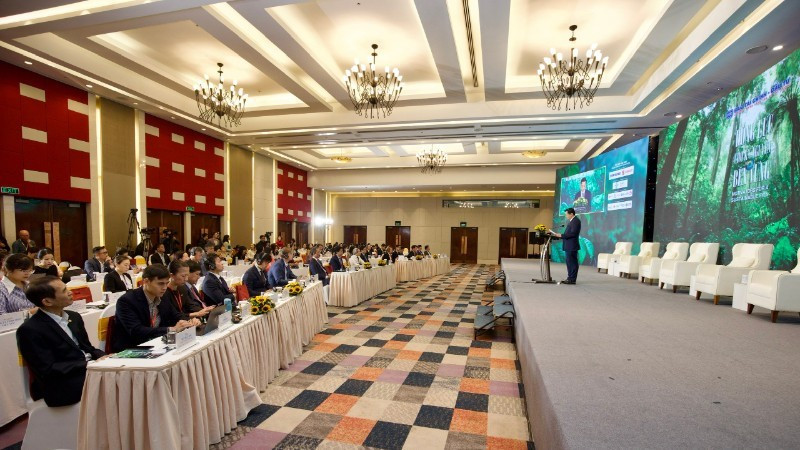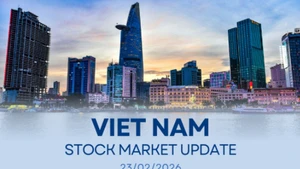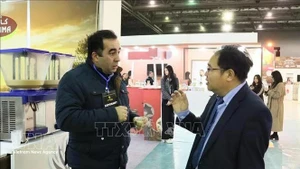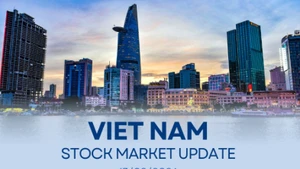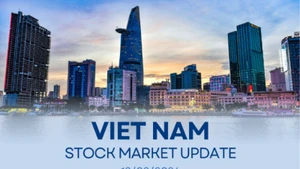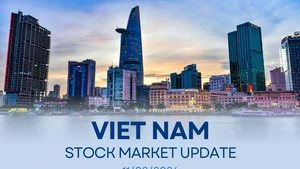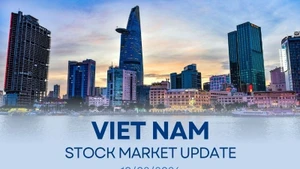On November 27, the Finance–Investment Newspaper hosted a sustainability development seminar themed “Drivers for the Sustainable Era”. The seminar followed the 30th session of the Conference of the Parties under the United Nations Framework Converntion on climate change (COP30), recently held in Brazil.
Speaking at the opening session, Pham Van Hoanh, Editor-in-Chief of Finance–Investment Newspaper, stressed that the world, including Viet Nam, is facing its worst-ever climate crisis. Recent storms that battered northern and central provinces, causing severe floods and leaving heavy consequences, clearly illustrate the urgent realities. More than ever, decisive action is needed for a greener and calmer world, and for a safer, peaceful, and resilient Viet Nam — for us today and generations to come.
Affirming the pressing need to steer towards sustainable economic structures, Nguyen Duc Tam, Deputy Minister for Finance, underlined: Amid complex global developments, nations are accelerating shifts in response to the Fourth Industrial Revolution alongside urgent demands for green growth and carbon neutrality. For Viet Nam, these represent both significant challenges and opportunities to reform development models, enhance national competitive capacity, and strengthen its position within global value chains.
“Digital transformation and green transition are now not only global imperatives but also opportunities for Vietnamese enterprises to restructure development strategies, mitigate risks, enhance energy efficiency, and expand international markets,” Nguyen Duc Tam added.
However, both digital transformation and green transition in Viet Nam continue to encounter major obstacles — institutional frameworks, financial resources, technological infrastructure, and especially workforce capacity.
From the perspective of the United Nations Development Programme (UNDP), Vu Thai Truong, Head of the Department for Climate Change, assessed: The recently issued resolutions have laid an essential institutional foundation for Viet Nam’s next development stage. This is not merely government orientation but a strong signal to markets that the private sector will sit at the core of shaping green growth and economic model innovation.
At the seminar, enterprises also demonstrated clear awareness and active commitments to green production. Across thematic discussion sessions, participating experts, speakers, and delegates consistently affirmed: digital transformation and green transition remain not two separate goals but parallel, intertwined processes that mutually reinforce and accelerate each other.
